The truth and mystery surrounding private eyes
Think PIs and images come to mind of sleazy back alleys in 1940s New York... but the reality is far more nuanced – and a whole lot more professional, writes Holly Baxter

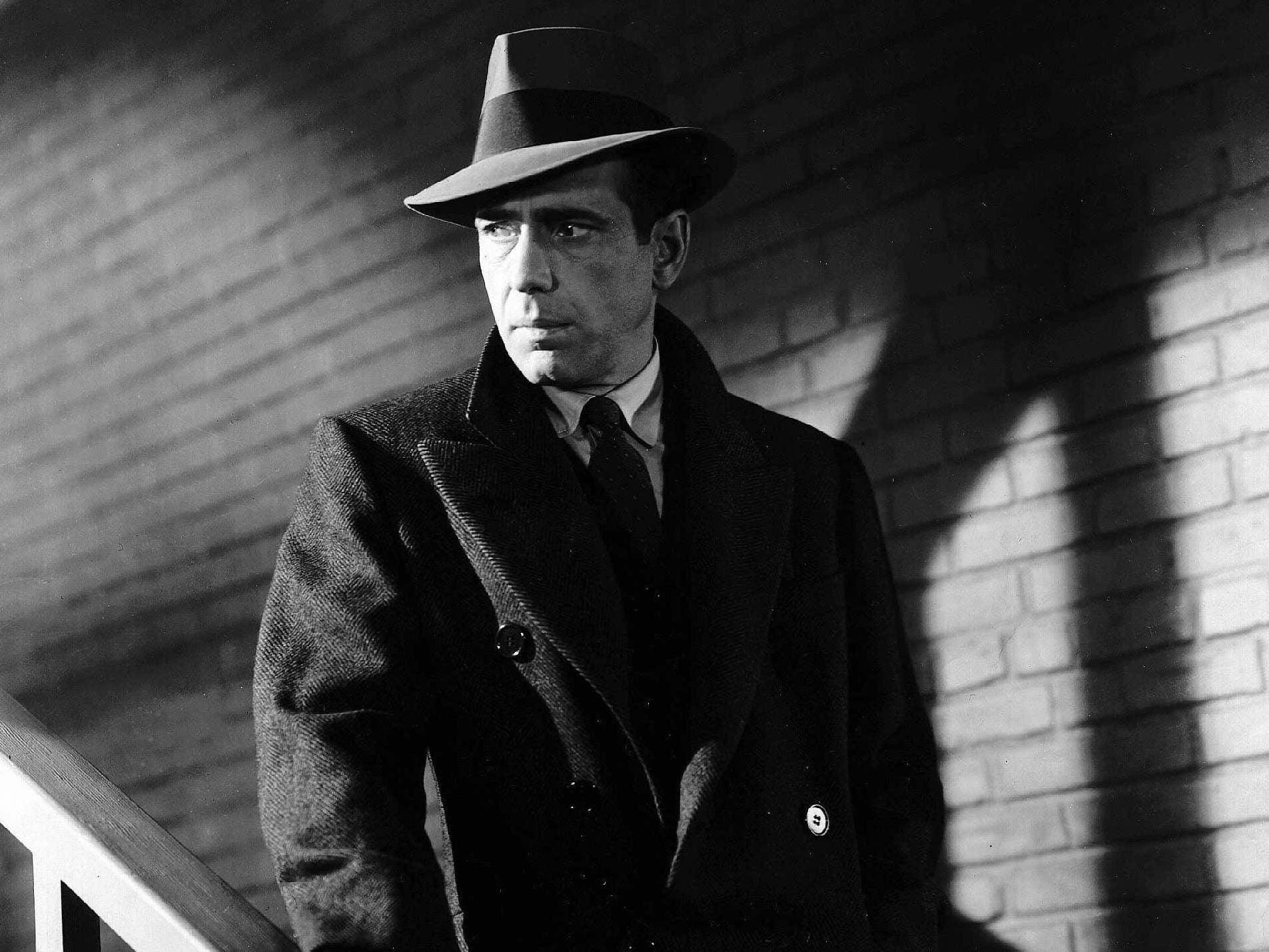
Why does anyone hire an investigator?” Tyler Maroney asks in his newly published book, The Modern Detective. Then he answers himself: “To uncover wrongdoing. To right a real or perceived wrong. To punish or to exact revenge. To gain an advantage over a competitor. To satisfy a curiosity. To find a missing person or recover a stolen object. To feed paranoia. To benefit the public interest. In other words, to help satisfy basic human impulses.”
Maroney is better placed than most to describe the motivations of people who hire private eyes, because he is one. Specifically, he is the co-founder of Quest Research and Investigations in New York City, and a graduate of the large, global investigations firm Kroll. Before that, he worked as an investigative journalist – and before that, an everyday reporter, writing up news items and checking facts for editors at Time magazine and Fortune.
His trajectory from journalism to PI work isn’t entirely unusual, though he emphasises that in his own firm, there is a diversity of skills: “One of our employees is a former prosecutor [who worked] in the DA’s office for 15 years. Another is an academic with a PhD in English from Columbia – she pays attention to detail like no one else. Another is a cyber-security expert. My co-founder comes from the labour movement.” In other words, they have all the bases covered when a tricky case comes in from a client.
But who are the clients? Maroney has worked on a number of fascinating, high-profile cases, including that of Serial’s Adnan Syed. He’s done his fair share of “doorstepping” – a self-explanatory term used commonly in investigations and journalism – including one particularly fascinating episode he describes in his book, where he tracked down an informant who supposedly heard a man confess to a murder while in jail in the nineties. The description of the apartment he entered on that particular occasion stayed with me long after I put The Modern Detective down:
“A black leather couch was shrink-wrapped in plastic. The mouldings around the doorways and windows were blunted by decades of paint. A security camera was affixed conspicuously on the wall of the kitchen facing the only window with a fire escape. A holstered Glock was on the living room table. An FBI badge hung from a nail above the couch. A crucifix hung at a compass angle above the front door.”
Such descriptions could come straight out of a film noir or a Sherlock Holmes novel, but Maroney says his clients are not suspicious spouses or people pursuing personal vendettas. Those kinds of clients are catered to by “a subset of the industry”, he says, “often former police who have experience in surveillance techniques”.
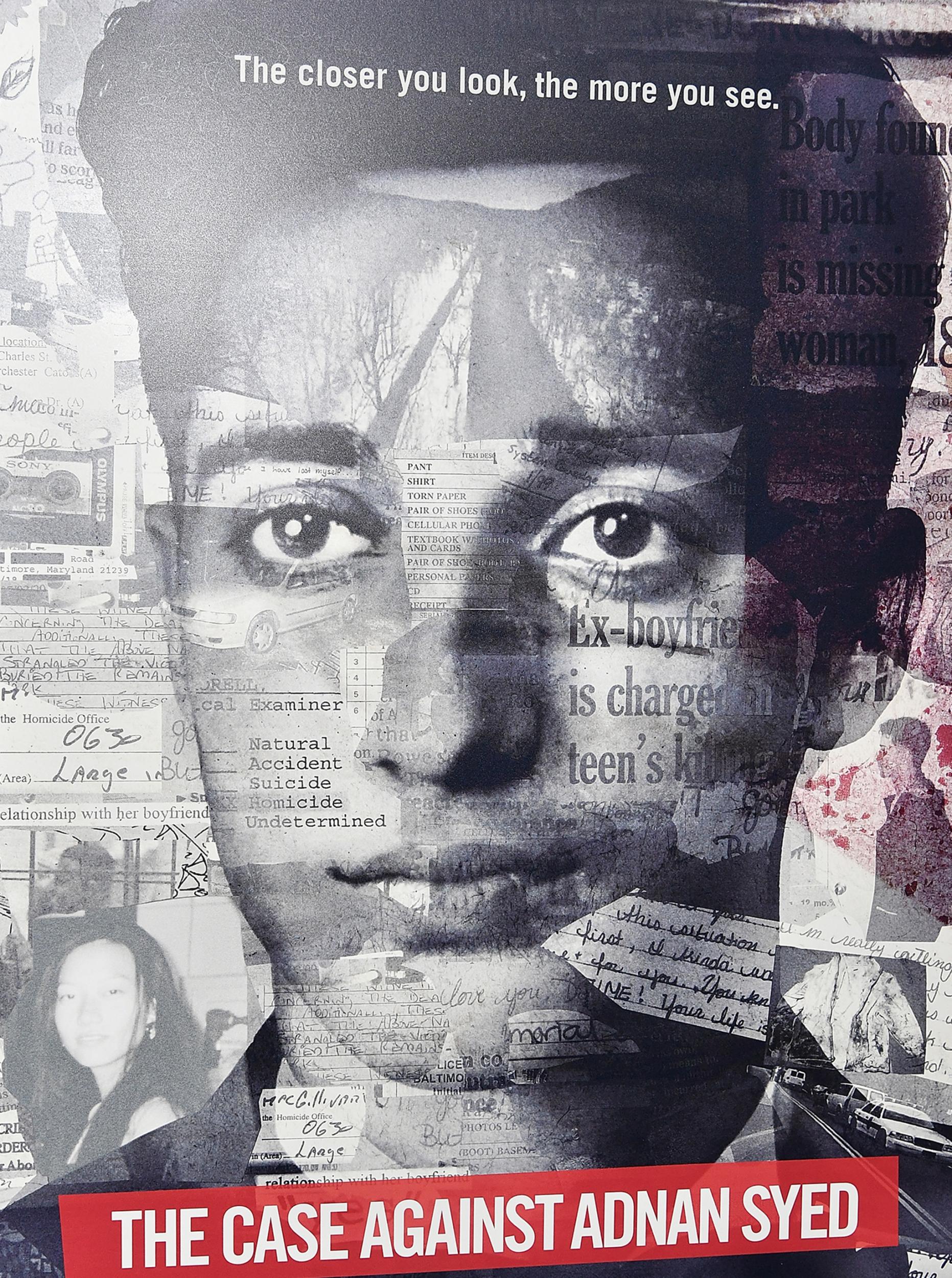
Quest Research and Investigations has a little more heart, according to Maroney: “We help people reform the criminal justice system, fight inequality, fight climate change,” he says. “Those might seem like big, idyllic goals, but really they’re not. You want to reform the criminal justice system? Work to find evidence that someone has been wrongfully convicted. Or find evidence that the mass incarceration system we built in this country is fraudulent. With climate change, we might, for example, find evidence that large-scale polluters engage in mass disinformation campaigns.”
In his book, Maroney reels off a few people who have publicly acknowledged using private eyes: Elon Musk, Alex Rodriguez, Jay-Z, Elizabeth Taylor, Tom Cruise. I find it interesting that the complete list seems to skew disproportionately towards men. Is that a gender balance which holds true with his client base?
“No,” he replies, immediately. “Our clients are just as often women – and I would explain that by defining 'the client'. Our company is retained by lawyers we know have their own ultimate clients. For instance, one lawyer – she will take on five different cases [and use our services for those].”
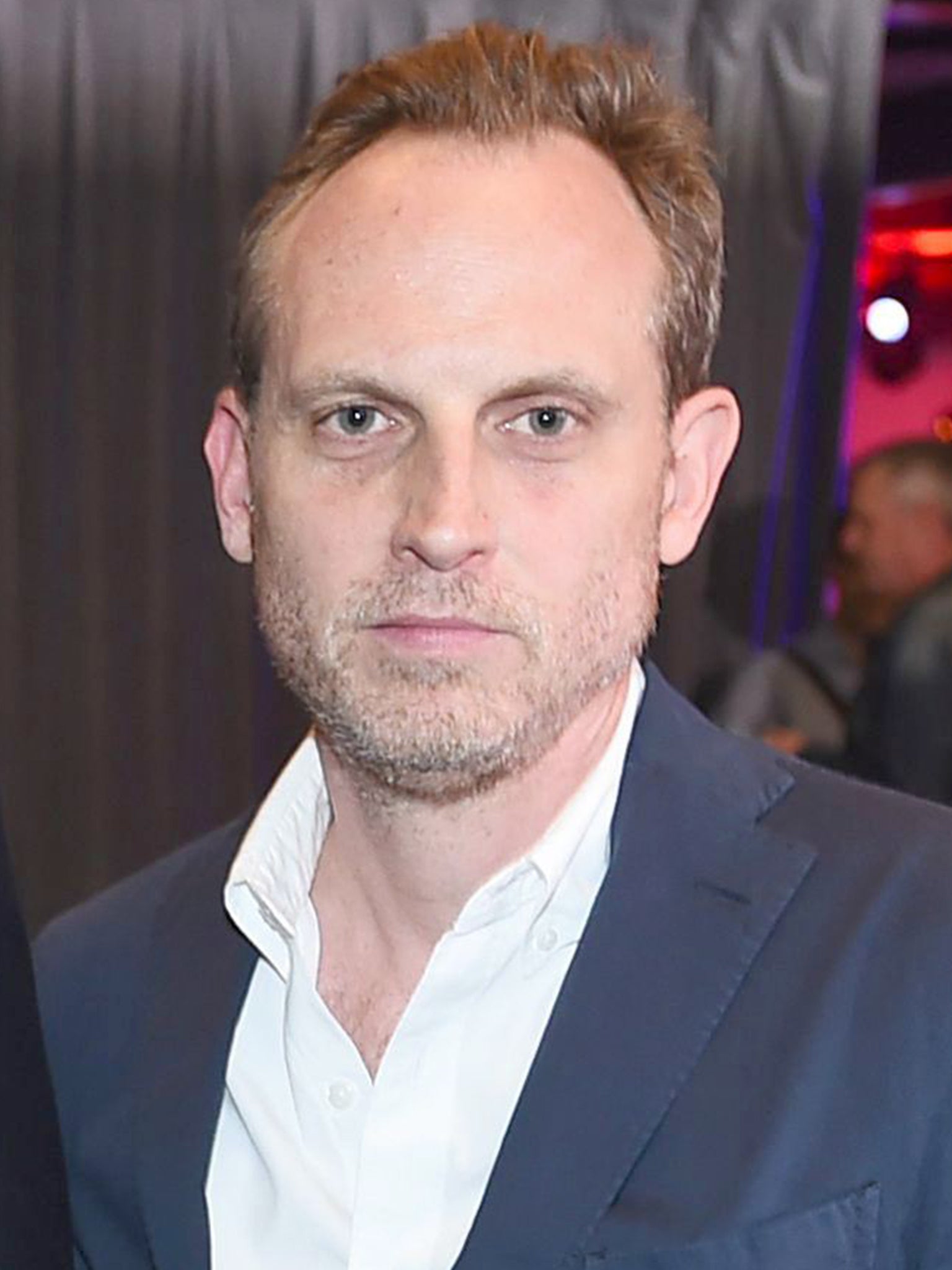
Not so much catering to “base human impulses”, then, as making sure a case has been covered from every corner. Though Maroney insists his job is not quite the sneaky backstreet stereotype portrayed on TV series like Jessica Jones, the way in which the fictional Jessica works closely with a lawyer friend, often operating as Hogarth’s contractor, clearly has some truth to it.
“We are everywhere,” writes Maroney at the beginning of The Modern Detective. “We work for large companies, government agencies, A-list movie stars, professional athletes, non-profits, sovereign nations, media organisations, and business tycoons, among others. We are engaged by frozen-food processors, video game designers, diamond dealers, jet engine manufacturers, nut sorters, collateralised mortgage brokers, coffee bean shippers, book publishers, patent licensees, sports teams, railcar builders, miners, retail chain operators, university deans, plastic pressers, building contractors, labour organisers, and pretzel sellers.”
Pretzel sellers and A-list movie stars are not usually his cup of tea, however. And the work isn’t always as warm and fuzzy as helping to overhaul a biased criminal justice system or working to deconstruct inequalities.
One of Maroney’s most recent cases involved something that challenged his own personal ethical code: “We have a case going on at the moment where we were hired by a company which discovered its CEO has been squirrelling away money for 20 years. Certainly it’s a crime, because the amount stolen is in the millions. However, management has decided it’s less interested in having the person punished than recovering the money. So we approached this person, presented her with the evidence we had. Her response was a confession and a promise to repay that money.”
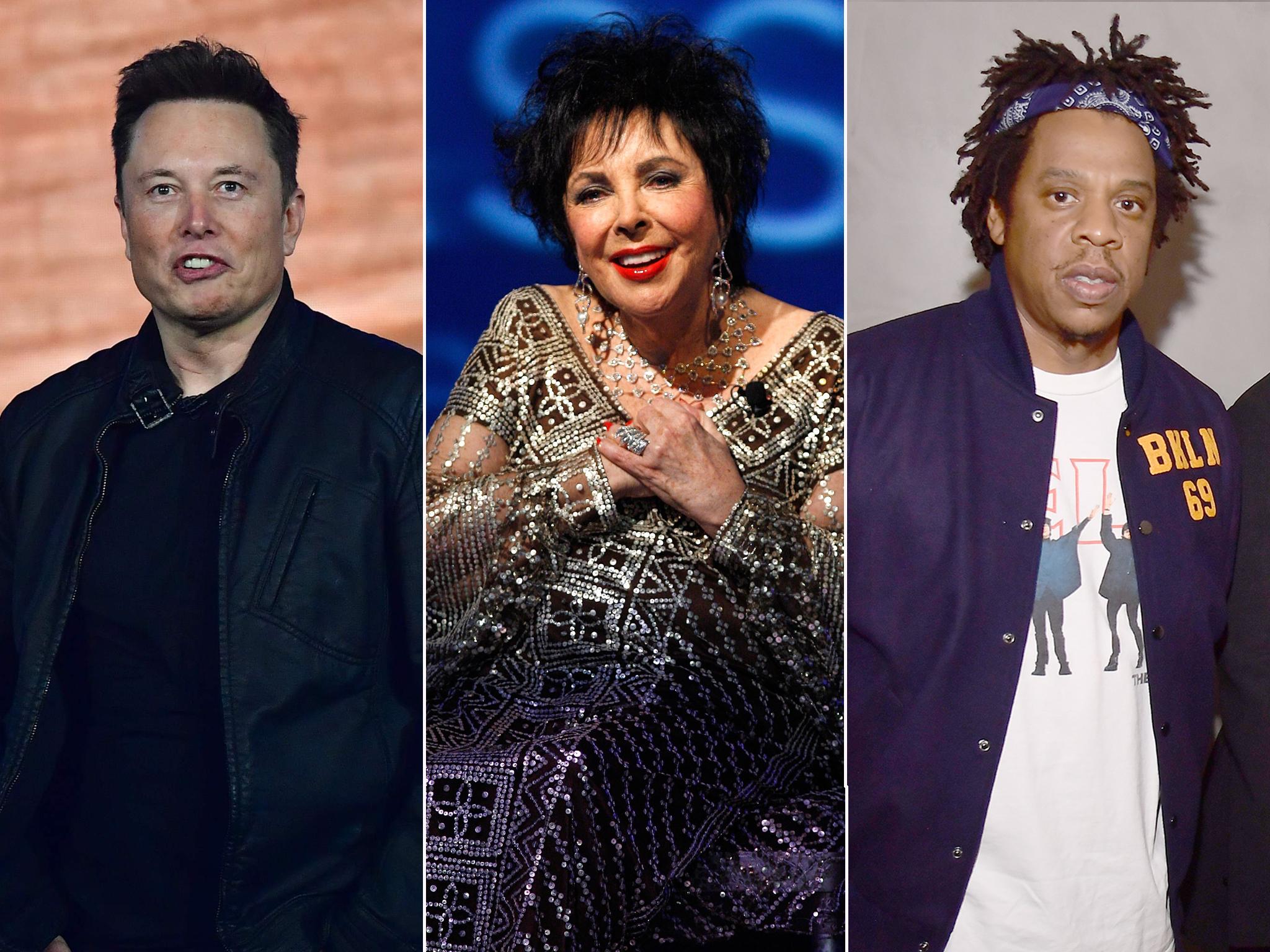
Though the right thing to do might have been to pursue criminal charges against this person, he says, criminal charges are public – and could result in bad press for the company who the thief works for. So instead, money gets quietly repaid, people have their jobs quietly terminated, and then they move on to other organisations, possibly to repeat their behaviour elsewhere.
“Those are decisions we, of course, never make as the finder of the facts, the private investigators… We are presenting our client with what we discover [and that’s that],” Maroney says, when I ask if the ethical consequences of such decisions ever weigh heavy on him.
We do not necessarily have an obligation to report it to law enforcement. Do I sometimes wish we were asked to do it? Yes. Do I understand why we don’t do it? Of course
Like a wildlife documentarian, there is only so much he can do – no matter how much he might want to intervene. But that doesn’t mean he doesn’t think about it: “I don’t grapple with the ethics of my tactics, but I do often grapple with the ethics of what we’re asked to do, the motives of our clients, the decisions of our clients. We are beholden to the client as opposed to a law enforcement agency, which if it identifies criminal behaviour has to bring some sort of action. If we uncover some kind of wrongdoing during our work – say, an ethical lapse or all-out criminal behaviour, fraud, something which reaches the level of a felony – we do not necessarily have an obligation to report it to law enforcement. Do I sometimes wish we were asked to do it? Yes. Do I understand why we don’t do it? Of course.”
In the US, there are more than 35,000 private investigators. In some states – such as Florida, which Maroney says has more than 4,000 – they are particularly prolific; and each state sets its own regulations for how those working in the trade can operate. The New York State Division of Licensing Services permits private investigators to “obtain information regarding the identity, habits, conduct, movements, whereabouts, affiliations, associations, transactions, reputation, or character of any person or group of persons”.
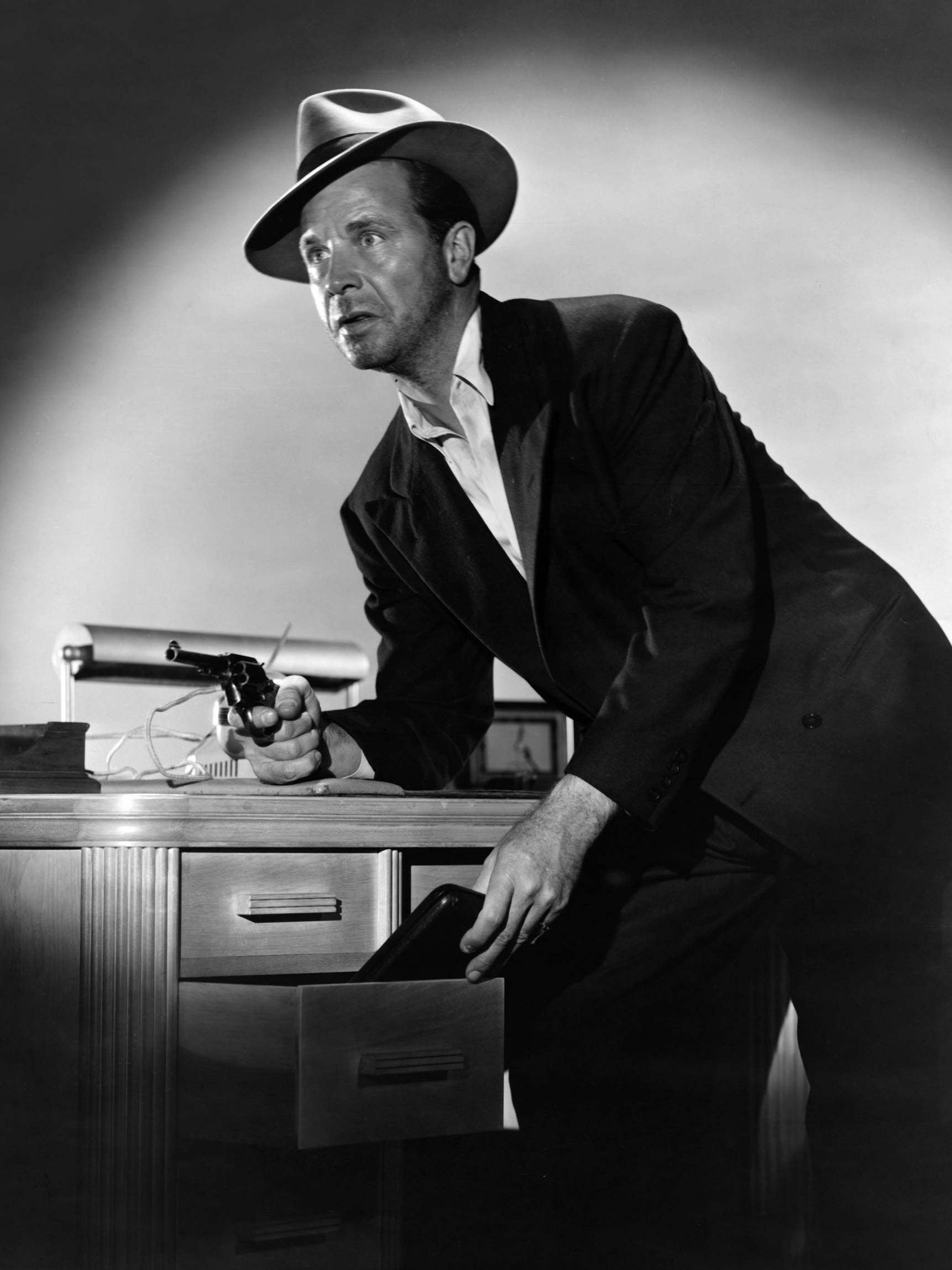
That’s a pretty wide remit. “We can investigate ‘crime or wrongs done or threatened against the government of the United States of America or any state or territory of the United States of America,’ and we can assess the ‘credibility of witnesses or other persons’ and identify ‘the whereabouts of missing persons',” Maroney adds in his book. That’s a lot of work available for a lot of potential investigators – and very few restrictions.
PI work is often thought of as the domain of alley-crouching Americans in big cities like New York, a profession which survives among US urban sprawl but has barely operated in the UK since the days of cloaks and daggers. Indeed, the first private eyes started fledgling firms in America in the late 19th and early 20th centuries, emboldened and made necessary by the fact that the US had no FBI and not much of a federal police force to speak of.
However, people I spoke to for background information say it’s a common misconception that there is no large-scale British investigations industry; it simply operates more often under the label “intelligence”, but without any official connection to government entities such as MI5 or MI6. There have been efforts to properly regulate private eyes in the UK but most of them have fallen flat. It seems Brits are so in denial about the detectives in their midst that they don’t want to set down ground rules, lest it encourage them.
There are some private investigators Brits are well aware of, however, and Black Cube is one of them. Founded by former Israeli intelligence agents Dan Zorella and Avi Yanus, it has offices in London, Tel Aviv and Madrid, and describes itself as “a select group of veterans from the elite Israeli intelligence community” who specialise in “tailored solutions to complex business and litigation challenges”.
It is most well-known at the moment for being hired by Harvey Weinstein to dig up dirt on the MeToo movement. Rose McGowan, one of the most prominent MeToo campaigners, spoke to 60 Minutes about being subject to Black Cube’s investigations team: “I’ve never understood why people sell their soul to aid and abet a criminal,” she said in February, adding, “I have always thought that people who are complicit [in Weinstein’s crimes] through silence or for monetary gain, especially for monetary gain – what is wrong with you?”
The industry is not often seen for what it actually is, which is essentially professional consultants who are helping clients resolve disputes
Ronan Farrow, the journalist who originally broke the story of Weinstein’s sexual misconduct, details his experience with Black Cube agents in his book, Catch and Kill, and his podcast of the same name. He also wrote a series for the New Yorker which he dubbed the “Black Cube Chronicles”, in which he claims that Weinstein not only hired Black Cube but engaged the services of another investigations firm co-founded by Jack Palladino, “who was best known for working to undermine women who had accused former Bill Clinton of sexual misconduct”.
It is well-known now that operators and subcontractors associated with Black Cube and possibly with the other firm drew up lists of journalists to surveil and even followed Farrow between his apartment building and his places of work. Farrow also claims that he was a victim of phone-hacking by a Russian spy subcontracted by Black Cube, though Black Cube says that it was not aware of such hacking and did not authorise it.
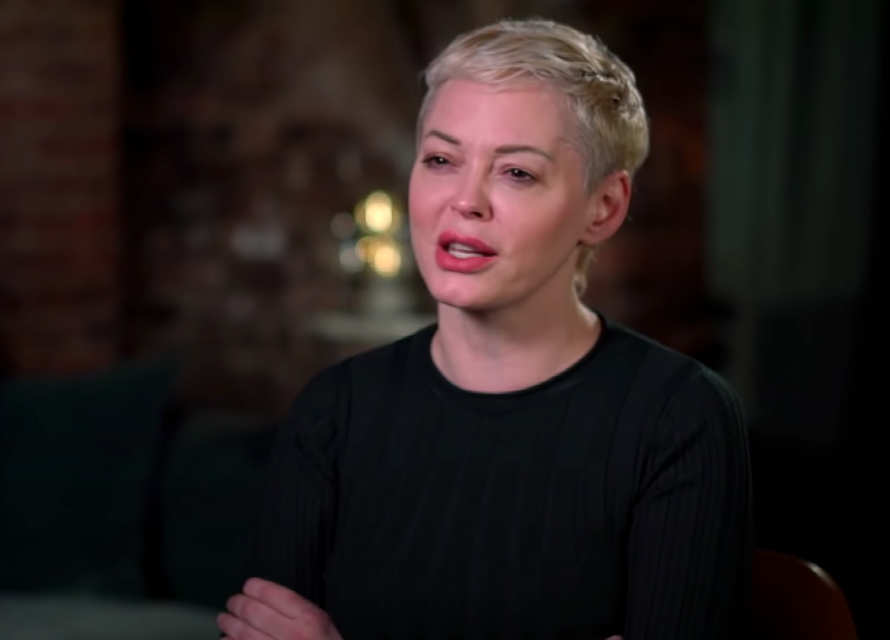
Farrow – who turned the tables and ended up doing his own research into two of those subcontractors, Ostroviskiy and Khaykin – described how closely he was followed while Black Cube worked for Harvey Weinstein in 2017. “Ostrovskiy and Khaykin began meeting at dawn near my apartment building, on the Upper West Side of Manhattan,” he wrote.
“Some days, they would stay in Khaykin’s car, a silver Nissan Pathfinder. Other times, the two would use separate cars. Khaykin would be ready to follow me if I left the building, and Ostrovskiy would keep an eye on my apartment. When separated, they stayed in touch by text. The investigators had been given photos of me and had done database searches of their own. They monitored my social media accounts and those of my friends and relatives, trying to track my movements. The pair sat in front of my building, chain-smoking and getting bagels from a restaurant around the corner. The surveillance often dragged on for hours, and there were few opportunities for bathroom breaks. ‘I need to use a bottle,’ Ostrovskiy once texted Khaykin. ‘If you nearby I can wait.’ He resigned himself to using the bottle.” The two did similar stake-outs and at-home investigations into the journalist Jodi Kantor at the New York Times, who was also working on a MeToo-themed story.
Maroney has little time for Black Cube and others who operate in that space. “To me, the industry Black Cube operates in and mine are two completely different industries,” he says. “If what’s been reported about them is true, they are felons for hire.” He adds that he would also distance himself from “hacker-for-hire” groups, which he describes as “tech-savvy people who are called private investigators but who are essentially digital Navy SEALs, whose job is to hack or otherwise obtain, through illegal means, information using seedy tactics”.
He realises that when any mildly interested researcher Googles “private investigations”, such firms might come up in the top 10 searches – but that’s just because they’re the ones making headlines, he says. They're the high-profile exceptions to the rule. “I feel that oftentimes the industry… is seen through a stereotypical lens, whether it’s the assumption that we do only surveillance work or our tactics are semi-legal,” he adds. “The industry is not often seen for what it actually is, which is essentially professional consultants who are helping clients resolve disputes, assess opportunities and satisfy curiosities.”
Despite this reassurance, I asked Maroney if he could use the tactics and software he had available to investigate me for the purposes of this feature. I was curious to see what he might be able to find, especially considering I’m a British immigrant living in the US, so presumably have left less of an American footprint than those who grew up here. He told me it was certainly possible to investigate me, but that there are many different tools with many different uses and I’d have to give him a while to collate what he could find. Stay tuned over the next few weeks for an update on that front.
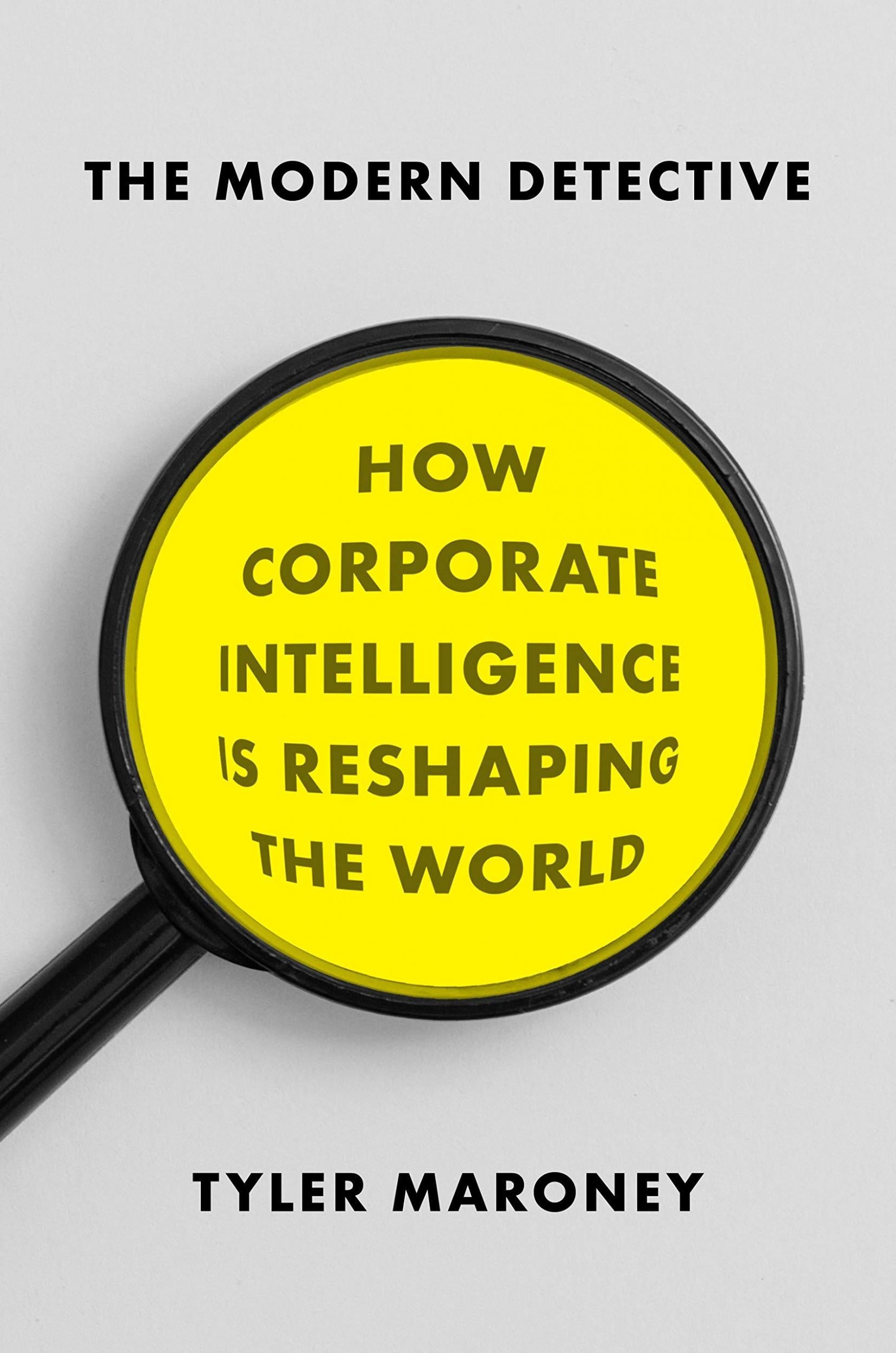
My final question to Maroney is one that I think most of us would ask of a detective well versed in digging up details people have unwittingly left behind: Knowing what you know now, what have you changed about your life? “I have taught myself to have a calm paranoia, a kind of zen anxiety about the motives and the nefariousness of people,” he replies. “My work gives me the opportunity to see how dangerous the world is but also the opportunity to find ways to expose wrongdoing and to curate a life in which I am aware of those dangers but knows how to keep them at bay.” He pauses for a couple of seconds, before adding that after years of working in private investigations: “I think more creatively about how to live in this chaotic world.”
Join our commenting forum
Join thought-provoking conversations, follow other Independent readers and see their replies
Comments